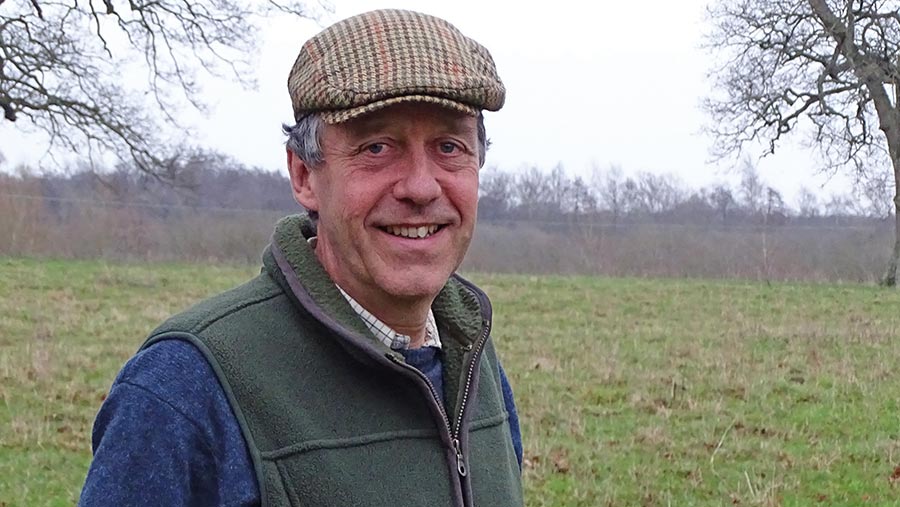Norfolk farmers face ‘devastating’ water abstraction changes
 © Adobe Stock
© Adobe Stock Farmers have warned they face major disruption from the Environment Agency’s (EA) decision to withdraw water abstraction rights to protect wildlife on the Norfolk Broads.
The EA has announced changes to water abstraction licences held by 20 businesses in the Ant Valley, which means farmers will need to find different sources of water by 2024.
Fruit and vegetable growers in the area say the plans are potentially devastating, as they will lose water facilities they have used for years.
See also: Farmers need key role in water management – NFU
In its announcement on 23 June the EA said licences would be revoked, reduced or constrained to bring abstraction back to sustainable levels after evidence showed that “current abstraction levels may be causing damage to the environment”.
But the NFU blasted the decision and said independent evidence, provided by the union and local abstractors, showed that the local fen ecology was improving.
NFU water resources specialist Paul Hammett said: “Throughout this process we have emphasised that regulations must be applied to abstractors in a measured way, one that gives businesses sufficient time to adapt to new circumstances.”
“We welcome the Environment Agency’s decision to delay the implementation of its proposed changes until 2024, but this will only be of value if farmers can use the time to install alternative water sources on farms, such as new reservoirs to capture surplus water.”
Major disruption
Norfolk grower Nick Deane, who manages two farms in the Ant Valley that have abstraction licences, said the EA’s plans would bring major disruption and uncertainty to businesses.
“At the moment it takes you two years to get planning permission to have a reservoir, so saying they have given us until 2024 is really of no consolation,” Mr Deane told Farmers Weekly.
Mr Deane is a member of the Broadland Agricultural Water Abstractors Group (Bawag), which represents growers who irrigate arable and horticultural crops in the Broadland Rivers catchment area of east Norfolk.

Nick Deane © NFU
The abstractor group has produced a local water strategy, but Mr Deane said the EA had not listened.
“Our disappointment is not only the frustration that the EA have seemed to ignore some of the evidence we put in front of them, where we believe theirs is flawed, but the fact there is a better way to do this, and we put a management strategy forward.
“We have enough water, but we have it at the wrong time of year. Winter storage of surplus water is undoubtedly the way forward, but it takes time.”
Funding for the reservoirs was also a major issue for farmers, Mr Deane noted.
“There is likely to be a round of grant funding coming out by the autumn and the qualifying criteria are that you need planning permission and you need an abstraction licence to show that you have the ability to take the water during the winter.
“Our catchment is in lockdown at the moment, so if we want to get some winter water, the EA can’t give us a licence to do so. So the chance of us being able to apply to get reservoir grant funding this autumn is very slim and it is in the very area where reservoirs are key to unlocking the issues we have.”
Environment Agency response
James Bevan, the Environment Agency’s chief executive, said the changes to abstraction licences would protect the Ant Valley from the “significant water pressures” it faced.
“If we don’t address these pressures now, the additional challenges from the climate emergency will bring even greater impacts on the environment and our water resources in the future,” he said.
“We also know that businesses need time to adjust, which is why we have worked with the affected licence holders and are giving them up to 2024 to make the necessary changes.”

